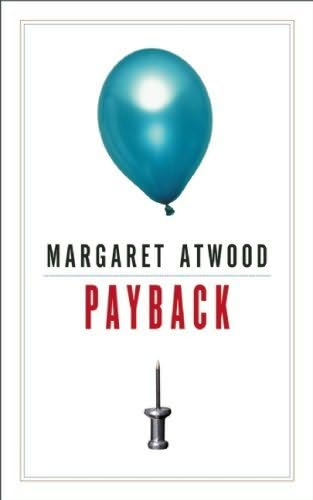As I continue to struggle with a seemingly endless amount of options following the completion of my current degree (Ph.D. program?, job?, both?, which kinds?), I'm constantly consuming media in what I think is my extended window of opportunity for learning about other fields. (Which is not to say that I don't think I can learn about other things after I get a job, a career, or a specialty in academics. It is more of a personal belief I have based on things I learned so far that I don't want to take the time to explain at this moment. So there.)
For example, I have about 10 books checked out from the library on different subjects, ranging from sociology, psychology, language, and history. A few of the titles:
The Psychology of Abortion
A Mind of Its Own: A Cultural History of the Penis
The Mind of a Mnemonist
The Paradox of Choice: Why More Is Less
Okay -- I'll concede that all of those have tenuous ties to psychology.
Nevertheless! The purpose of this post is to recount the things I did this weekend...
Movie 1

I picked up
The Wild Parrots of Telegraph Hill from the student library on a recommendation I heard from one of my classes this semester. It's a 2005 documentary (with a soundtrack straight out of 1986) about a free spirit guy,
Mark Bittner, who moved to California in search of a music career, then did a few odd jobs before realizing that he didn't want to work at all. Somehow, he ended up in an unused cottage on Telegraph Hill in San Francisco. The owners of the property were okay with it... until they decided they wanted to renovate the place. So Mark is given the boot at the end of the movie, and he leaves behind his precious parrots, but don't worry -- it's not all bad in the end.
This movie was very powerful. Mark is a very spiritual dude, and it brought out a bohemian part of me. I too wanted to grow my hair long, shed my office job, and just feed the parrots. Of course, he made a lot of sacrifices doing this, but that's to be expected.
Highly recommended.
Movie 2

Sunday held 2006's
The Fountain. It's a beautifully filmed, hard to categorize movie. It's got elements of sci-fi, fantasy, and even a little bit of horror. But it's also weirdly realistic and you can easily identify with it.
It's a very powerful movie, but when I tell you the plot line, it will sound very cheesy. Here we go: There's this dude. And there's this chick. There's a love story. And there's a story about immortality. And time-traveling. Well, not exactly time-traveling, so much as time-hopping in the narrative. So it's a love story across the ages. (The trailer said 1500 A.D., 2000 A.D., and 2500 A.D., though there's no specific mentions of these dates within the movie itself.)
I'd also recommend seeing this movie, though I'd suggest watching it on a fairly nice day, so you can go out and appreciate nature and society after watching it. (I.E. -- It's a bit of a downer at times.)
Book

The book I breezed through this weekend was by renowned writer Margaret Atwood. Titled
Payback: Debt and the Shadow Side of Wealth, I thought it would be an interesting read. It was. (Excerpt
here.)
But it wasn't what I expected. Instead of a writer's perspective and analysis of the current debt situation, it was instead a writer's perspective on the term debt and it's meaning throughout the ages. Atwood is an apt student of the arts and humanities (especially plays), and she does a few sweeping analyses of religion, plays, literature, and other forms of the arts in her survey of what debt has meant, how it's repaid, and how it helps and hurts both the creditors and the debtors.
There are no practical tips here, but there are a few neat revelations. Of how Ebeneezer Scrooge resembles Faust, of how Shakespearean drama fits in, of how religions view moral/spiritual debt, et al. So, if you'd like to read about the philosophical concept of debt, give this a shot. If you want some more practical tips, check elsewhere.
Overall, it was a good weekend.




